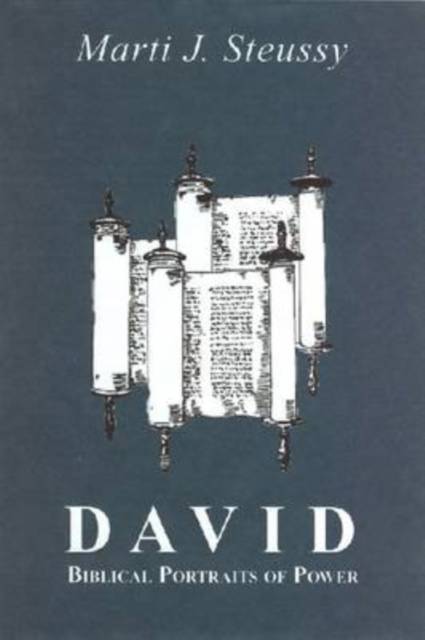
- Afhalen na 1 uur in een winkel met voorraad
- Gratis thuislevering in België vanaf € 30
- Ruim aanbod met 7 miljoen producten
- Afhalen na 1 uur in een winkel met voorraad
- Gratis thuislevering in België vanaf € 30
- Ruim aanbod met 7 miljoen producten
Zoeken
Omschrijving
Marti J. Steussy provides a critical approach to the man who receives more attention from the Old Testament's writers than any other human character. This volume explores the Hebrew Bible's three major portraits of David-found in 1 and 2 Samuel, 1 Chronicles, and Psalms-and what each implies about the relation between divine and worldly power. Steussy's examination of David in 1 and 2 Samuel opens with the traditional impression of David as a virtuous hero "after God's own heart," then invites readers to consider details of plot and phrasing that make problematic-without erasing-the impression of innocence. She proposes that questions surrounding David ultimately probe God's role in Israel's history. The scrutiny of David in 1 Chronicles shows how this book calls attention to his role as the head of a people rather than to his individual strengths and weaknesses. However, tension still lurks; David plays a key role in the Chronicles argument against Ezra and Nehemiah for an inclusive Israel. Steussy's final character analysis begins with psalms about David, then discusses the ruler as the commonly accepted speaker of the David psalms. Steussy suggests that in the Psalter as a whole, David serves both as a model for individual spiritual development and as a symbol for Israel throughout its history. The complexity of David's role in Psalms, Steussy contends, models the complexity of his characterization in the Hebrew Bible as a whole. A concluding chapter calls attention to David's scattered appearances in other parts of the Hebrew canon and discusses the cumulative effect of his various portraits.
Specificaties
Betrokkenen
- Auteur(s):
- Uitgeverij:
Inhoud
- Aantal bladzijden:
- 251
- Taal:
- Engels
- Reeks:
Eigenschappen
- Productcode (EAN):
- 9781570038457
- Verschijningsdatum:
- 1/04/2009
- Uitvoering:
- Paperback
- Formaat:
- Trade paperback (VS)
- Afmetingen:
- 152 mm x 229 mm
- Gewicht:
- 394 g

Alleen bij Standaard Boekhandel
+ 103 punten op je klantenkaart van Standaard Boekhandel
Beoordelingen
We publiceren alleen reviews die voldoen aan de voorwaarden voor reviews. Bekijk onze voorwaarden voor reviews.







